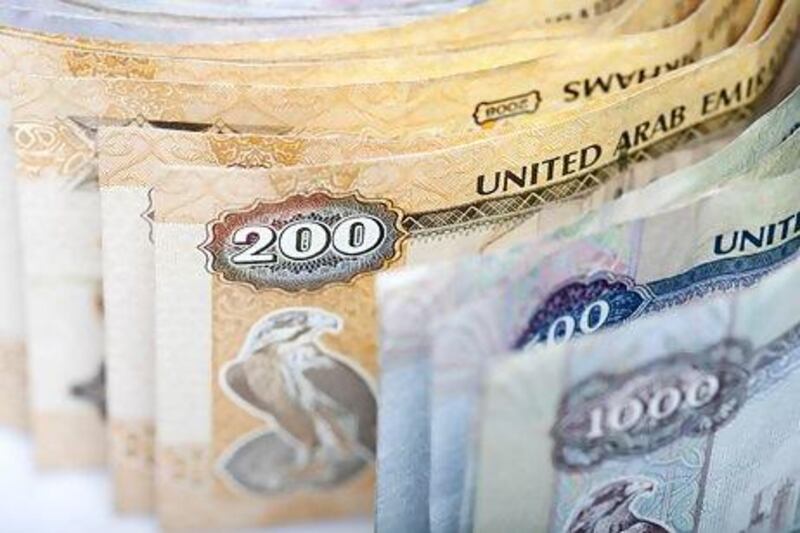The Ministry of Finance has finalised draft legislation to create a register of small businesses' assets to help them to secure loans, according to lawyers involved in drafting the legislation.
Once it receives final approval, the measure is expected to increase the banking sector's willingness to lend to local entrepreneurs and reduce dependence on cheques as a means of backing business loans.
The ministry, working with the International Finance Corporation (IFC) and the Arab Monetary Fund, announced plans last February to draft a framework for secured lending for small businesses.
Central to this was the creation of a nationwide registry of pledged movable assets - including vehicles, equipment, and accounts receivables - which companies could use to create a clear picture of their assets if they wished to borrow against them.
Completion of the registry should allow for small businesses to have greater access to credit, said Mazen Boustany, a banking and finance partner at Habib Al Mulla and Company, a firm that was involved in drafting the new law.
"This law could allow banks to lend to small and medium enterprises more freely … and not require them to ask for too many guarantees," said Mr Boustany.
The draft has been referred to the Ministry of Finance and will be submitted to legislative committees before becoming law. The ministry was unavailable for comment yesterday.
"Many firms have movable assets ... But when lending, banks prefer firms offer immovable assets - such as land - as collateral," said Murat Sultanov, the IFC program manager for financial infrastructure. "The problem is especially acute among smaller businesses - the backbone of all economies. They frequently struggle to obtain the financing they need to grow. We believe that the UAE can play a significant role in promoting best practices in this area across the Mena region."
The IFC estimates that only 24 per cent of small businesses in the Middle East and North Africa have access to credit.
Access to bank lending for even the largest companies has been limited in the UAE this year, with many companies forced to turn to bond markets instead.
Stripping out personal lending, net loans and advances across the banking sector grew 2.8 per cent to Dh842.3 billion (US$229.31bn) during the first 10 months of last year, according to the most recent data from the Central Bank. Movable assets including equipment, inventories and receivables account for most of a small businesses' total assets.
A public registry of these assets would allow banks to better assess the financial health of small businesses, added Mr Boustany.
"This could be another way which could allow the banks to let go of the requirement for cheques," he said.
Many business loans made to small companies are secured with cheques because of banks' difficulties in repossessing assets in the event of missed payments.
However, a consensus has emerged in recent months that the current laws criminalising bounced cheques for the majority of the population are out of date and in urgent need of an overhaul.
In 2011, 1.5 million cheques were returned as invalid at the point of use, representing Dh55.3bn of transactions or about one in every 20 cheques used. Figures for last year have not yet been made available. The UAE Government has taken steps to reduce reliance on cheques, with measures including a Central Bank pilot programme for direct debits, which could replace security cheques required by law for mortgage interest payments.
A presidential decree in October also decriminalised security cheques for Emiratis and immunised them from prosecution. Bouncing a cheque remains a criminal offence for the remainder of the population.
However, industry figures agree that the creation of a federal credit bureau is still needed to protect customers and lenders alike.





